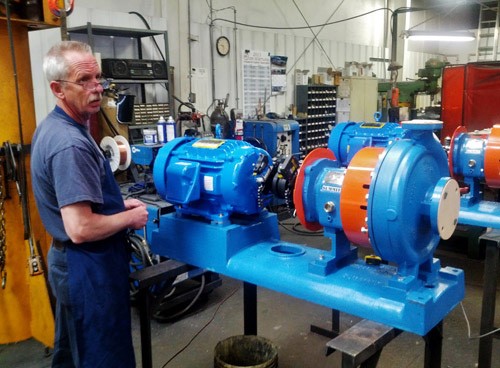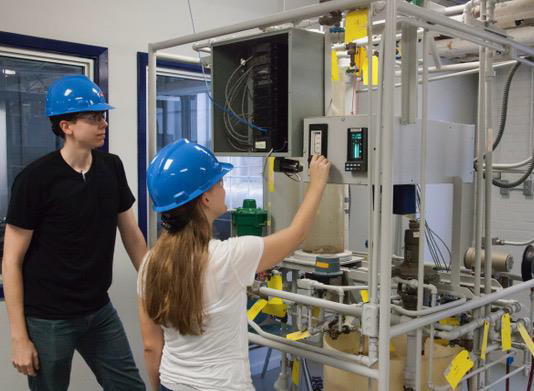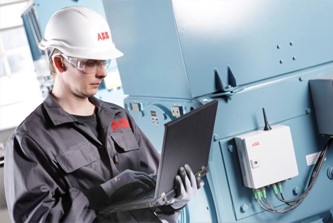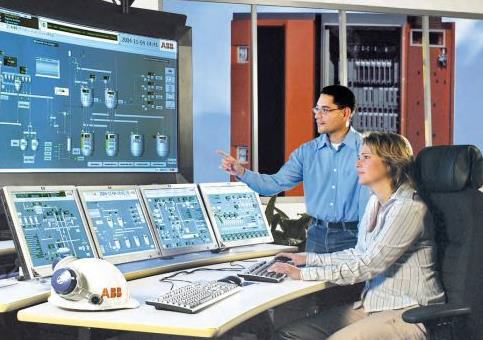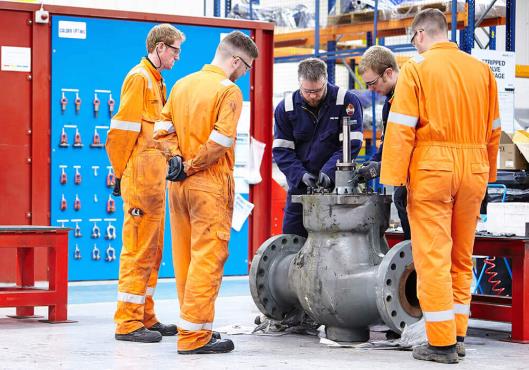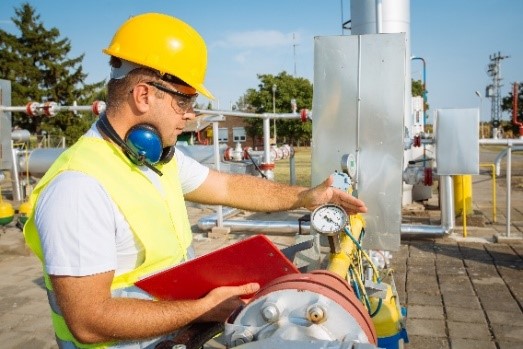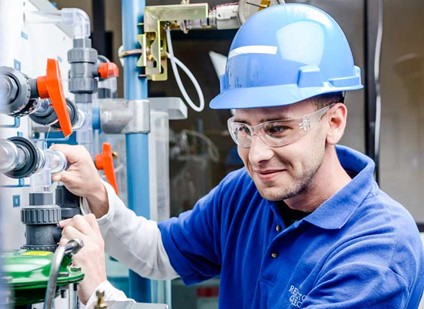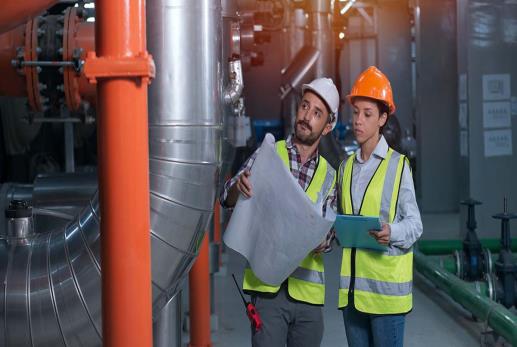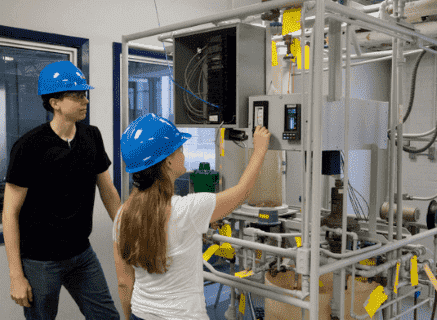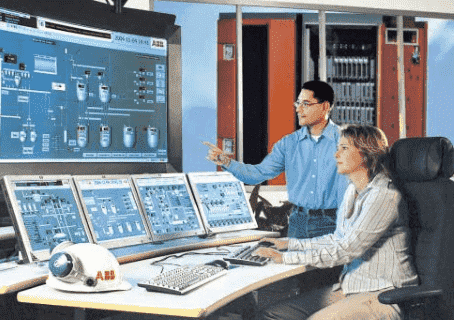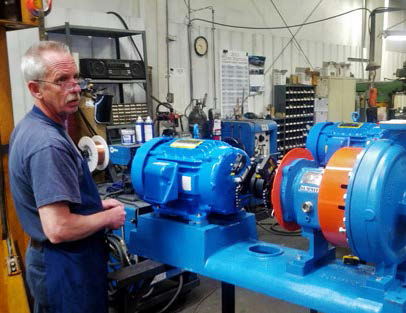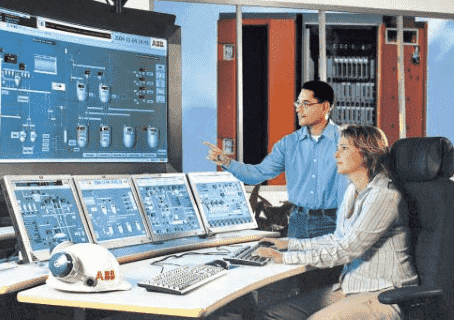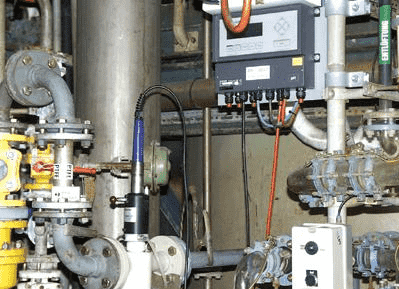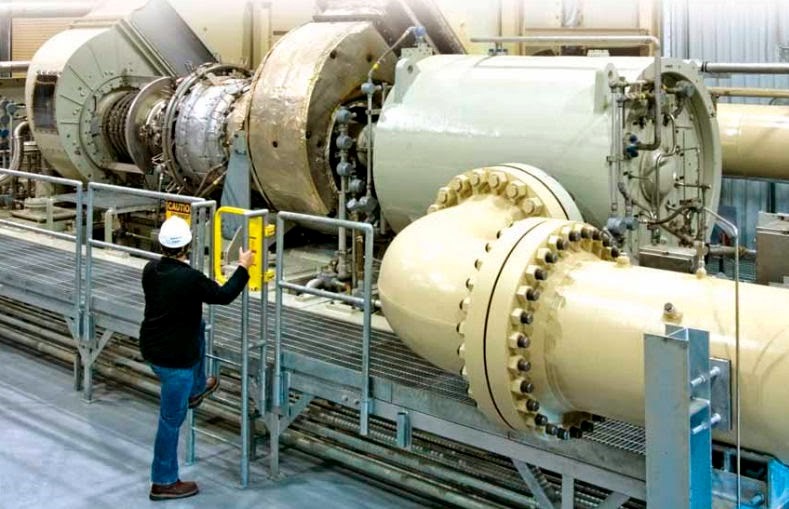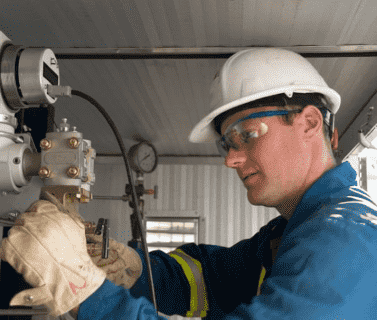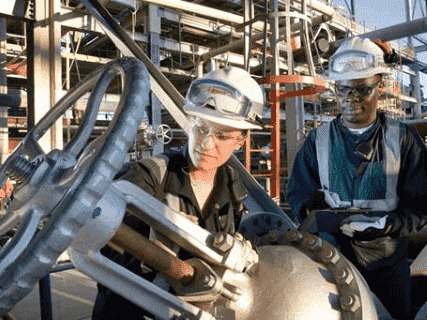TRAINING COURSES
📚 Courses We Offer 📚
Instrumentations, Control, Telecommunications & Computer Engineering
Explore our expertly curated courses designed to elevate your skills and knowledge.
- IE0600 : Metering Pump Selection, Operation, Maintenance & Troubleshooting
- Date : Jan 12 - Jan 16 2025 / 5 Days
- Location : Istanbul, Turkey
- Course Details
- IE0030 : Process Control & Instrumentation
- Date : Jan 26 - Jan 30 2025 / 5 Days
- Location : Dubai, UAE
- Course Details
- IE0038 : Process Control, Troubleshooting & Problem Solving
- Date : Feb 16 - Feb 20 2025 / 5 Days
- Location : Dubai, UAE
- Course Details
- IE0633 : Certified Mechanical Measurement Tools & Instruments
- Date : Dec 07 - Dec 11 2025 / 5 Days
- Location : Dubai, UAE
- Course Details
- IE0150 : Distributed Control System (DCS) Principles, Applications, Selection & Troubleshooting
- Date : Dec 07 - Dec 11 2025 / 5 Days
- Location : Doha, Qatar
- Course Details
- IE0343 : Maintenance of Instrumented Protection Systems (IPS), Pneumatic Converters, Process Control Systems & Emergency Shutdown Valves
- Date : Jan 12 - Jan 16 2025 / 5 Days
- Location : Doha, Qatar
- Course Details
- IE0338 : Inspection, Maintenance & Calibration Program of Terminal Flowmetering Station
- Date : Jan 19 - Jan 23 2025 / 5 Days
- Location : Istanbul, Turkey
- Course Details
- IE0367 : Maintain Fire and Gas Control Systems
- Date : Feb 03 - Feb 07 2025 / 5 Days
- Location : London, United Kingdom
- Course Details
- IE0031 : Maintain Process Control Systems
- Date : Feb 23 - Feb 27 2025 / 5 Days
- Location : Istanbul, Turkey
- Course Details
- IE0035 : Liquid & Gas Flowmetering & Custody Measurement: Multiphase, Ultrasonic & Loss Control
- Date : Dec 07 - Dec 11 2025 / 5 Days
- Location : Al Khobar, KSA
- Course Details
- IE0273 : Process Controller, Control Loop & Valve Tuning
- Date : Dec 07 - Dec 11 2025 / 5 Days
- Location : Dubai, UAE
- Course Details
- IE0641 : Certified Fiber Optic Technician (FOA-CFOT Exam Preparation Training)
- Date : Dec 07 - Dec 10 2025 / 4 Days
- Location : Al Khobar, KSA
- Course Details
- IT0011 : ISO 27001 Risk Assessment: Information Security, Cybersecurity & Privacy Protection – Information Security Management Systems
- Date : Feb 02 - Feb 06 2025 / 5 Days
- Location : Dubai, UAE
- Course Details
- IE0501 : Plant Equipment & Control System Protection
- Date : Jan 12 - Jan 16 2025 / 5 Days
- Location : Dubai, UAE
- Course Details
- IE0038 : Process Control, Troubleshooting & Problem Solving
- Date : Apr 06 - Apr 10 2025 / 5 Days
- Location : Kuwait City, Kuwait
- Course Details
- IE0150 : Distributed Control System (DCS) Applications, Selection & Troubleshooting
- Date : Apr 27 - May 01 2025 / 5 Days
- Location : Kuwait City, Kuwait
- Course Details
- IE0600 : Metering Pump Selection, Operation, Maintenance & Troubleshooting
- Date : Jul 13 - Jul 17 2025 / 5 Days
- Location : Kuwait City, Kuwait
- Course Details
- IE0150 : Distributed Control System (DCS) Applications, Selection & Troubleshooting
- Date : Sep 14 - Sep 18 2025 / 5 Days
- Location : Kuwait City, Kuwait
- Course Details
- IE0350 : Safety Integrity Level (SIL) Determination and Verification
- Date : Sep 28 - Oct 02 2025 / 5 Days
- Location : Kuwait City, Kuwait
- Course Details
- IE0780 : Compressor Control & Protection
- Date : Oct 19 - Oct 23 2025 / 5 Days
- Location : Kuwait City, Kuwait
- Course Details
- IE0105 : Advanced Process Control & Loop Tuning
- Date : May 18 - May 22 2025 / 5 Days
- Location : Dubai, UAE
- Course Details
- IE0536 : Meter Maintenance - Advanced
- Date : Jul 20 - Jul 24 2025 / 5 Days
- Location : Dubai, UAE
- Course Details
- IE0995 : Advanced Certificate in Instrumentation Calibration
- Date : Jan 06 - Jan 10 2025 / 5 Days
- Location : Abu Dhabi, UAE
- Course Details
- IE0340 : Custody Measurement, Fiscal Flow Metering, Meter Calibration, Uncertainty Calculations & Loss Control of Petroleum Products
- Date : Jan 12 - Jan 16 2025 / 5 Days
- Location : Doha, Qatar
- Course Details
Instrumentations Control
Mastering Instrumentation and Control: Your Path to Expertise
In a world that runs on precision, the role of instrumentation and control systems has never been more critical. These systems are the invisible force behind industrial plants, refineries, and power stations. They ensure safety, consistency, and quality in every process.
We focus is on empowering professionals with the right technical knowledge to manage, design, and maintain these vital systems through expertly designed training and certification programs. Our courses cover everything from basic process control to advanced systems like distributed control systems (DCS). We design them to help you build confidence and apply what you learn immediately.
Why Instrumentation and Control Skills Are in Demand
Industries worldwide are transitioning toward smarter systems and digital transformation. As automation advances, the demand for engineers who understand both instrumentation and communication systems is increasing rapidly.
Professionals with telecommunications engineer training gain an advantage because they can bridge the gap between instrumentation and real-time data communication. This means a solid understanding of telecommunications helps engineers maintain seamless operations and troubleshoot complex systems efficiently.
We offer courses in instrumentation, control, and telecommunications that are designed to keep pace with industry innovation. Participants gain hands-on experience with industrial controllers, SCADA systems, and smart sensors, ensuring they are job-ready for global projects.
Why Choose Our Courses?
Our training isn’t just about checking a box; it’s about building skills you can use right away. Here’s why our programs are a cut above the rest.
Hands-On, Practical Learning
We focus on real-world applications. Our courses, such as online telecommunication engineering courses, teach you how to troubleshoot control loops and maintain safety systems with confidence. You’ll work with scenarios that mirror what you face in the field, ensuring you’re ready to act when it counts.
Expert Instructors with Industry Experience
Our trainers bring years of hands-on experience, not just textbook knowledge. They’ve worked on metering pumps, flow measurement systems, and more, so they are familiar with the ins and outs. In courses like telecommunications engineer training, you’ll get insights from pros who’ve been in your shoes.
Flexible Learning Options
We get it; your schedule is packed. That’s why we offer sessions in vibrant cities like Dubai, Istanbul, and Doha, as well as online telecom engineer training courses for learning from anywhere. No matter if you join us in person or remotely, you’ll get the same high-quality training.
Industry-Recognized Certifications
A certification can set you apart. Our certification courses for telecom engineers, such as the Advanced Certificate in Instrumentation Calibration, provide you with credentials that employers take notice of. These programs are rigorous but designed to boost your career.
Global Reach with Local Relevance
Our courses are hosted in key locations, such as Kuwait City and Al Khobar, with content tailored to the region's industry needs. Just like our online chemical engineering courses complement instrumentation training, particularly for those working in chemical plants across the Middle East.
Courses We Offer
We have an extensive range of courses that cover the full spectrum of instrumentation and control, as well as some telecom integration. Here are a few highlights and their significance.
Process Control and Instrumentation
This five-day course is your foundation for mastering process control. You’ll learn to manage control systems with precision, a must-have skill for any engineer in manufacturing or energy. It’s perfect for building confidence in handling complex setups.
Distributed Control System (DCS) Principles, Applications, Selection, and Troubleshooting
It dives into DCS, a critical system in large-scale operations. You’ll tackle selection and troubleshooting, ensuring plants run smoothly. With additional sessions in Kuwait City, it’s a flexible option for busy pros. This course also ties into online telecommunication engineering courses, blending control with communication technology.
Certified Fiber Optic Technician (FOA-CFOT Exam Preparation Training)
This training prepares you for the FOA-CFOT exam. It’s key for engineers integrating fiber optics into control systems, a growing need in modern plants. This is a standout in our telecommunications engineer training portfolio, combining telecom and instrumentation.
Metering Pump Selection, Operation, Maintenance, and Troubleshooting
Join us to master metering pumps. This course teaches you to select, operate, and maintain these critical components, thereby reducing downtime in industries such as oil and gas. It’s practical and directly applicable to your daily work.
Safety Integrity Level (SIL) Determination and Verification
This course focuses on safety systems. You’ll learn to assess and verify SIL, ensuring protection in high-stakes environments. It’s a vital skill for engineers prioritizing safety.
If the energy sector calls to you, our online petroleum engineering certificate options align well with custody measurement training, rounding out your expertise.
Building a Stronger Future in Engineering
Instrumentation and control training at Haward Technology Middle East sets you up for success in dynamic fields. With a mix of in-person and online formats, you're covered. Our focus remains on practical, applicable skills that directly impact your career.
Contact us today to enroll in one of our upcoming courses and start building your expertise!

